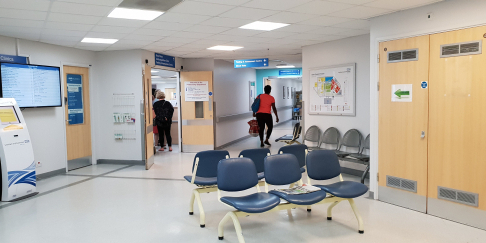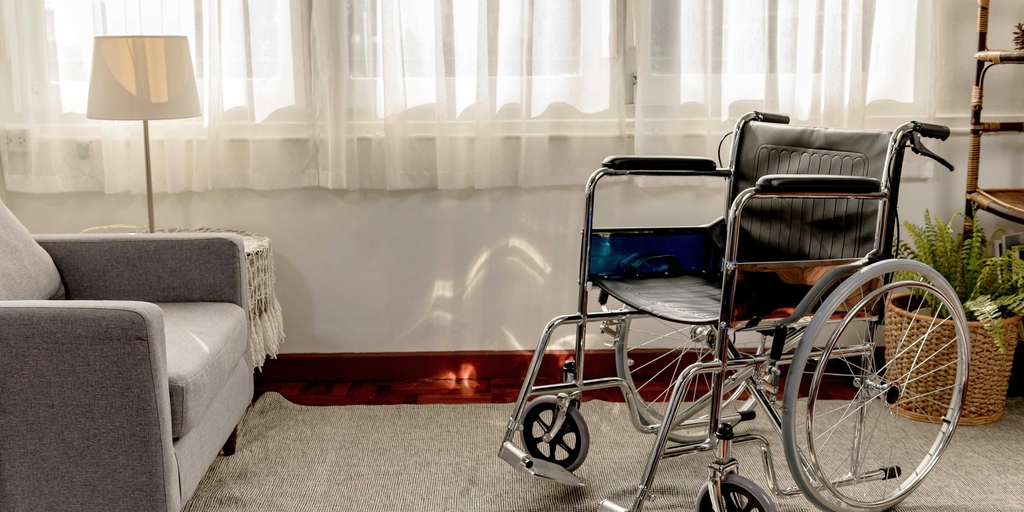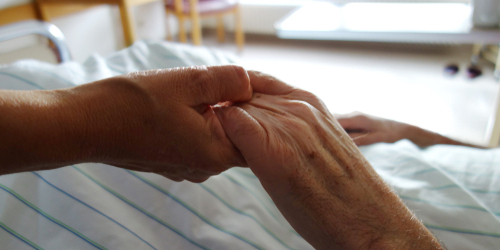Doctors win right to challenge Royal College over assisted suicide poll
Assisted Suicide
A group of doctors has won the right to challenge the Royal College of Physicians (RCP) over its recent poll of members on assisted suicide.
The challenge against the RCP comes after the College adopted a neutral position on assisted suicide, dropping its long-standing opposition following the controversial poll of members.
Procedural concerns over College poll
When the poll was announced, the College said it would adopt a neutral position unless a supra-majority of 60% voted against supporting assisted suicide.
This approach of adopting a supra-majority requirement raised eyebrows and thousands of doctors came together to express concern at the decision to change the College’s position without a full and proper consultation of members.
But the College pushed ahead regardless, despite the fact concerns were also raised by the RCP’s own ethics committee.
Three doctors decided to launch a legal challenge, arguing the RCP broke charity law in the way the poll was framed and conducted.
The poll found that 43.4% of doctors wanted the College to remain opposed to assisted suicide, while 31% wanted the College to be in favour and 25% supported the neutral option.
Despite ‘neutral’ being the least favoured option, because of the supra-majority requirement of 60%, the College went neutral, prompting the chair of the RCP’s ethics committee to resign in protest.
Charity Commission withheld permission
Following the RCP poll, the Charity Commission did write to the RCP, expressing concerns about the way the poll was conducted.
But while the charity regulator agreed the doctors’ case was a legally sustainable claim, it withheld permission to allow the doctors to go ahead with the court challenge.
On Tuesday in the High Court however, doctors were given the green light to push ahead with the challenge.
Court decision paves way for College to held to account
Dr David Randall, one of the claimants said: “Today’s judgement is good news for doctors and for society.
We believe that it is vitally important that doctors’ voices are heard on the issue of assisted dying, which if legalised would represent the single biggest change in the ethics and practice of medicine for a generation.
The unsatisfactory way in which the College has approached this matter, ignoring the advice of its own ethics committee, has left it with a position of neutrality on assisted dying that prevents it from engaging in the public debate on this important issue.
We expect the College to be active in championing key concerns such as the protection of vulnerable patients, the promotion of palliative care and hospice services, and the defence of conscientious objection for all healthcare practitioners.
Doctors are not neutral about assisted dying, and neither should the College be.”
Paul Conrathe, Human rights solicitor from Sinclairslaw said: “Today the court expressed its concern that the decision of the Royal College of Physicians to change its position to neutrality was unlawful and irrational.
It was concerned that the College had adopted as its public position the least favoured option in its recent poll.
The College has suppressed the report of its own ethics committee into the results of the poll and adopted a supra majority criteria that effectively pre-judged the outcome of that poll.
Today the court has paved the way for the College to be brought to account.”
Support the legal challenge
The doctors behind this legal challenge are fundraising to support the claim.
They have set up a GoFundMe page, which can be accessed here.





Share story
Doctors win right to challenge Royal College over assisted suicide poll